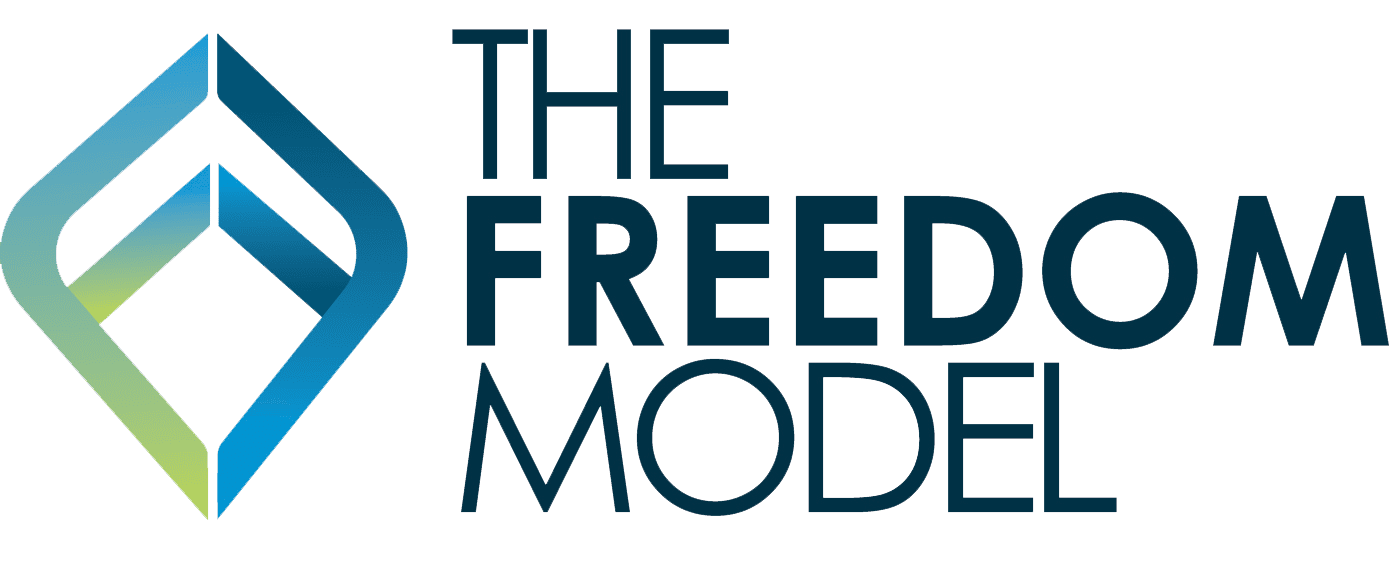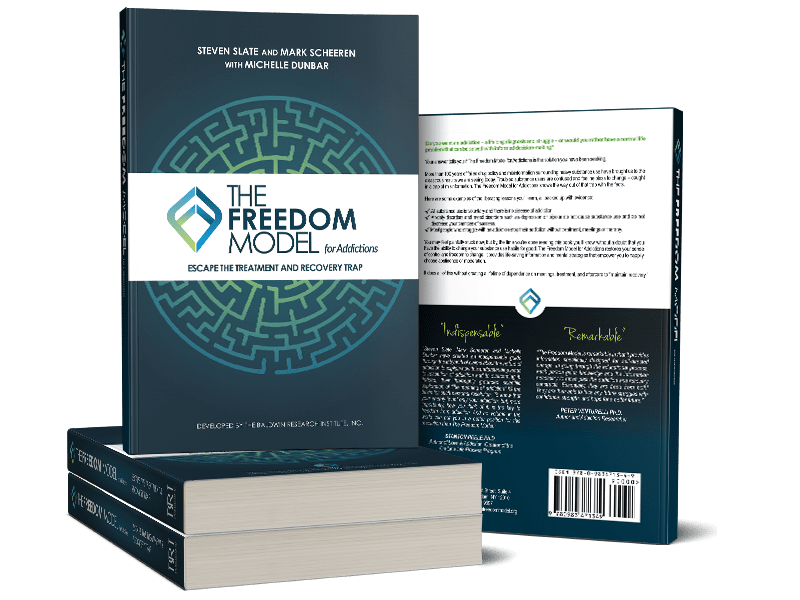You Asked, We Answered
Addiction Questions
I have a severe cocaine addiction. Sometimes I do meth too. I know my brain craves it, so I feel screwed. Is there a way out of this nightmare or will I have this brain disease forever?
Know this: there is no brain disease. There are many of reasons you use substances, and one of them might be your BELIEF IN the brain disease. But a belief does not make it so. The brain disease has been debunked many times over by dozens of studies that prove it false. We address this research in some detail throughout The Freedom Model for Addictions. Take a look at this brief piece:
“What’s more, cocaine is the substance people quit most often without treatment; it is the shortest lived among all substance use habits and has the highest lifetime recovery rate (greater than 99%). Yet we’re routinely told that it has the power to create this special brain response that pulls people into a lifetime of addiction from which they can’t escape. Like so many of these claims about addiction, this claim is debunked, even before you get to analyzing the neuroscientific data, by simply looking at the real-world life results among “dependent” cocaine users. Nevertheless, that didn’t stop the university from concluding that the results found by its researchers should make us more afraid of cocaine than we were previously. They go on to say that:
The findings, published in Scientific Reports, suggest that people who consider themselves recreational users could be further along the road to addiction than they might have realized. (McGill University, 2017)
Or they just might like cocaine today, grow bored with it tomorrow, and eventually quit. The latter is extremely more probable since it is what more extreme users, the so-called “cocaine addicts” do in real life. Cocaine “addicts” (seen as people who are stuck with a lifelong obsession with cocaine, inability to quit, and a lack of control over the choice to use) don’t really exist in the way the recovery society has portrayed them. They quit, on average, quicker than any other “addicts”, they do so permanently, they do it most often without treatment, and they show the ability to choose cash rewards over cocaine in laboratory settings (Appendix A).
All of this gazing at neural responses and brain scans ends up being a quest to find evidence of the causes of something that doesn’t even exist (the “powerless addict in need of treatment”). When you get a look at a fuller range of data, as we have shown you throughout The Freedom Model, the people touting the “hard science” all begin to look a little superstitious. They almost look like those ghost hunters on television, with all sorts of electronic gadgets that go haywire, making lights and noises, spitting out numbers and readings – yet we still never see the ghost. One of the researchers responsible for those famous cocaine cue experiments was recently interviewed by National Geographic for a story on the brain disease model of addiction. They described her looking at brain scan images, and she said she just sits and looks at them for hours trying to figure them out, eventually saying that “it’s like reading tea leaves.” Indeed. (Aguilera-Hellweg, 2017)”


0 Comments